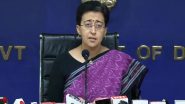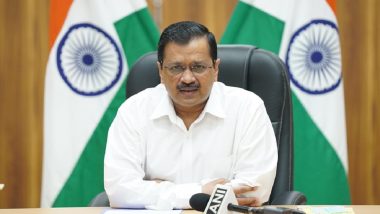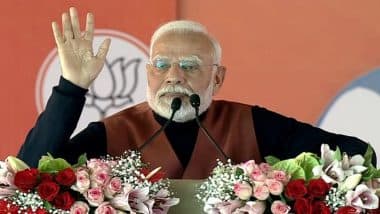New Delhi, November 18: Chief Minister Shri Arvind Kejriwal on Wednesday chaired a meeting with the officials of the Delhi Jal Board on swift implementation of a concrete plan to clean up the river Yamuna and reduce pollution in the Yamuna by 90% by March 2023. In the meeting, the Delhi Jal Board presented a detailed action plan on the reuse of around 400 MGD, against the existing capacity of 90 MGD of water. Various steps will be taken to improve the quality of the existing STPs including upgrading all the equipment in the STPs. Water Minister Shri Satyendar Jain, CEO DJB Nikhil Kumar, and senior officials of the DJB were present in the meeting.
The Delhi Jal Board gave a detailed presentation on four major interventions devised for the cleaning up of river Yamuna. First, the Delhi government will set up a modern technology to treat around 150 MGD of polluted water coming from the states of Haryana and Uttar Pradesh by natural wetlands and aeration method. Second, the wastewater in the small or big drains will be tapped into Sewage Treatment Plants (STPs). Third, steps will be taken to improve the quality of the existing STPs including upgrading all the equipment and use innovative processes. Fourth, all the sludge and the septage from the septic tanks across Delhi, will be collected by the Delhi Jal Board and reused in the bio-gas plants to generate electricity and gas. Delhi CM Arvind Kejriwal Reviews Ongoing Project to Provide 24-Hour Water Supply Across the National Capital.
There are five major outfalls carrying wastewater into the Yamuna, including Najafgarh drain, Shahdara drain, Barapulla drain, Delhi Gate drain, Mori Gate drain. The Najafgarh and Shadhdara drain apart from Delhi wastewater also receive polluted water from Haryana and Uttar Pradesh. The STPs and the drains will be treated as per the Yamuna Cleaning plan of the Delhi government to prevent polluted water to flow into the Yamuna.
The Delhi Jal Board has presented an action plan to reduce 90% of pollution in the river Yamuna by March 2023, and all the steps will have different milestones to be completed by March 2021, 2022, and 2023. The STPs treat around 525 MGD of water before it flows into drains, out of which only 90 MGD is reused for different purposes. An action plan to reuse 436 MGD of water against the earlier reuse of 90 MGD has been presented by the DJB before the CM. This 436 MGD water will be reused in water bodies, lakes, irrigation, gardening, forests, groundwater recharge, etc.












 Quickly
Quickly





















